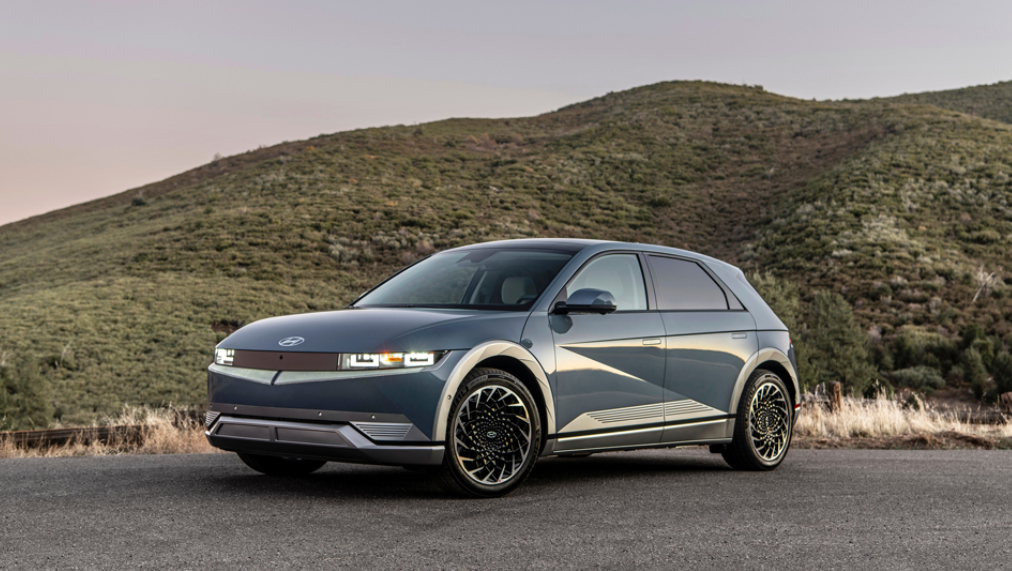
Hyundai Motor Co. and Kia Corps., South Korea’s two largest automakers, are set to export more than 2 million cars in 2023 for the first time in seven years on the strong overseas sales of high-end models such as electric vehicles.
Hyundai and Kia, the world’s No. 3 carmaker together, shipped 1.8 million automobiles to other countries from South Korea in the first 10 months of the year, up 17.5% from a year earlier, according to the Korea Automobile & Mobility Association (KAMA) on Sunday.
Hyundai’s exports advanced 16.5% to 945,062 units, while overseas sales of Kia, its smaller affiliate, grew 18.5% to 867,136 cars abroad.
“We ramped up domestic output to meet the increasing demand for eco-friendly vehicles, resulting in higher exports,” said a Hyundai Motor Group official.
Their exports were forecast to reach 2.2 million cars this year, exceeding the 2 million mark for the first time since 2016 when they shipped 2 million units to other countries. Hyundai and Kia have increased overseas production for the growing demand abroad since then.
Hyundai Motor Group has been supporting exports of Asia’s fourth-largest economy hammered by the sluggish semiconductor sector since late 2022. Hyundai’s exports rose 29.6% to $31 billion in the year to June 30, 2023, while Kia’s overseas sales grew 30.7% to $23.5 billion, according to the Korea International Trade Association.
CONTINUOUS GROWTH BUT AT SLOWER PACE
South Korea’s total car exports in value were expected to grow 27.2% to $69 billion with the sales volume up 17.4% to 2.7 million units in 2023 as strong demand for high value-added models such as EVs and sport utility vehicles powered the export value, the KAMA separately said last week.
EV exports in the January-October period surged 77% on-year as sales of the clean vehicles to the US grew 66.3% on aggressive fleet sales, although Hyundai and Kia denied access to US tax benefits, according to the body of automakers in South Korea including Hyundai, Kia, GM Korea Co., Renault Korea Motors Co. and KG Mobility Corp.
The country’s auto exports are likely to increase by 3.9% to $71.5 billion with the volume up 1.9% to 2.8 million units, the KAMA said.
“Exports are likely to lose steam in 2024 after stellar performance this year on slower economic growth in the developed markets,” it said. “Demand in key markets such as the US and Europe, however, is likely normalize and expected interest rate cuts in the second half will improve consumer sentiment.”
Write to Sungsu Bae at [email protected]
Jongwoo Cheon edited this article.
